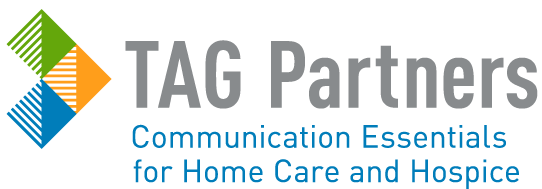According to the Centers for Disease Control and Prevention, adverse drug events cause more than 700,000 visits to the emergency room every year, and almost 120,000 hospitalizations. Older adults are twice as likely to visit the emergency room for an adverse drug event and almost seven times more likely to require hospitalization.
Among seniors, the danger of misusing a medication is heightened for a number of reasons:
- Seniors take more medicines (both prescription and non-prescription) for a variety of ailments as they age
- Seniors’ bodies begin processing some medications differently
- Some may have memory or vision problems
- Some get prescriptions from more than one doctor or fill them at more than one pharmacy
- Financial issues may prevent the filling of some prescriptions
As health care professionals who specialize in caring for this group, we must take the lead in ensuring our elders don’t fall victim to preventable errors. Highlight this effort during Medication Safety Week, held each year on April 1–7.
- Partner with a local pharmacist and host an informational session on medication safety basics for the elderly at a local senior center. Hand out copies of the My Medicine List developed by the American Society of Health System Pharmacists and the ASHP Foundation. For those who prefer a more technological solution, show them how to use the American Medical Association’s My Medications app.
- Call on your physician referral sources and ask about their patients who recently experienced a change in medication or who fail to take their medications as prescribed. Show these physicians how you work to increase the patient’s adherence to medication regimens, as well as how you can help with fall prevention for those patients taking medication that may cause drowsiness.
- Visit an assisted living facility and host a short workshop on nonprescription medications. Talk about the importance of telling doctors/pharmacists about these drugs, and about how to read the “Drug Facts” label on each nonprescription product to avoid taking multiple products with the same active ingredient or medications that may interact with one another. Hand out Medication Safety flyers with your agency’s information to all attendees. Or use a ready-made community class on Understanding Medications that a non-clinician can present.
- Ask your local library whether you can decorate a bulletin board there for Medication Safety Week. Include lots of helpful information and be sure to include your agency’s contact information as a source for more information on medication safety.
- Create a tip sheet for caregivers on proper medication safety for older adults. Be sure the caregiver of every client gets one.
- Contact your local newspaper or television news station and ask to talk with a reporter about medication safety among the elderly. Did you know that people over age 65 represent 14 percent of the U.S. population but consume more than a third of all prescription medications? Those figures will only grow as the nation’s Baby Boomers continue to age. Offer your professional insight into this issue, as well as access to a clinician at your agency and a patient who has agreed to speak with the media.


